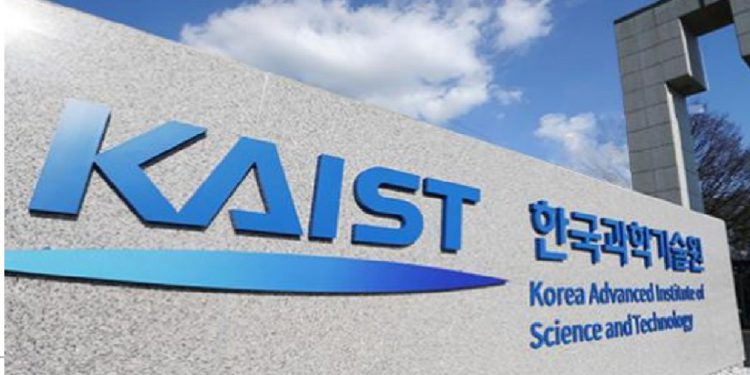KAIST (Korea Advanced Institute of Science and Technology) announced that its research team had developed and launched a highly accurate deepfake-detecting mobile app. Deepfakes use deep learning and artificial intelligence to manipulate media content, creating convincing but fake photos, audio, and video content. Following the recent increase in deepfake technology usage, a KAIST research team developed KaiCatch, an app that detects forged media.
Moreover, Lee Heung-Kyu, a professor at KAIST’s Department of Computer Science, led the research team that developed the new technology. As KAIST stated, the KaiCatch software can quickly and precisely identify deepfake content by analyzing artificial visual changes and distortions. KAIST’s KaiCatch technology also has a 90% accuracy rate and is the first South Korean deepfake-detecting mobile app.
KaiCatch’s Development
“It was developed to be versatile in response to various types of deformation by using artificial intelligence and micro anomaly signal tracing techniques,” said Professor Lee. Since 2015, Professor Lee has been developing the media forgery-detecting software, utilizing a database with over 300,000 images and videos. Furthermore, Professor Lee added that KaiCatch’s launch is just a starting point since KAIST plans to update the technology continuously.
In South Korea, deepfake technology has become a significant issue since some users have used it for harassment and exploitation. This January, a petition calling for more substantial penalties and regulations on deepfake technology usage circulated, earning more than 330,000 signatures. Aside from controlling dangerous misinformation, KaiCatch allows the general public to prevent potential harm to victims thanks to its accessibility.
How It Works
KAIST’s research team optimized KaiCatch, enabling it to detect deepfake content by analyzing areas with micro-deformed signals and geometric distortions. When users upload photos or videos to KaiCatch, the app converts the uploaded content into individual frames for better analysis. For the video content examination feature, KaiCatch provides analysis results ranging from 0 to 100. If the results indicate a high number, then the app alerts the content as most likely altered. Additionally, KaiCatch offers photo forgery detection, giving users two analysis images that visualize areas with suspected alterations.
In addition to personal uses, other institutions can also utilize KaiCatch, including media and broadcasting companies, portal operators, and more. Currently, KaiCatch is only available for download on the Google Play Store. However, KAIST plans to release the app on Apple’s App Store, with extended language support for English, Chinese, and Japanese.







